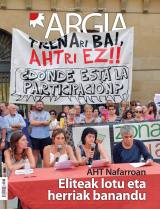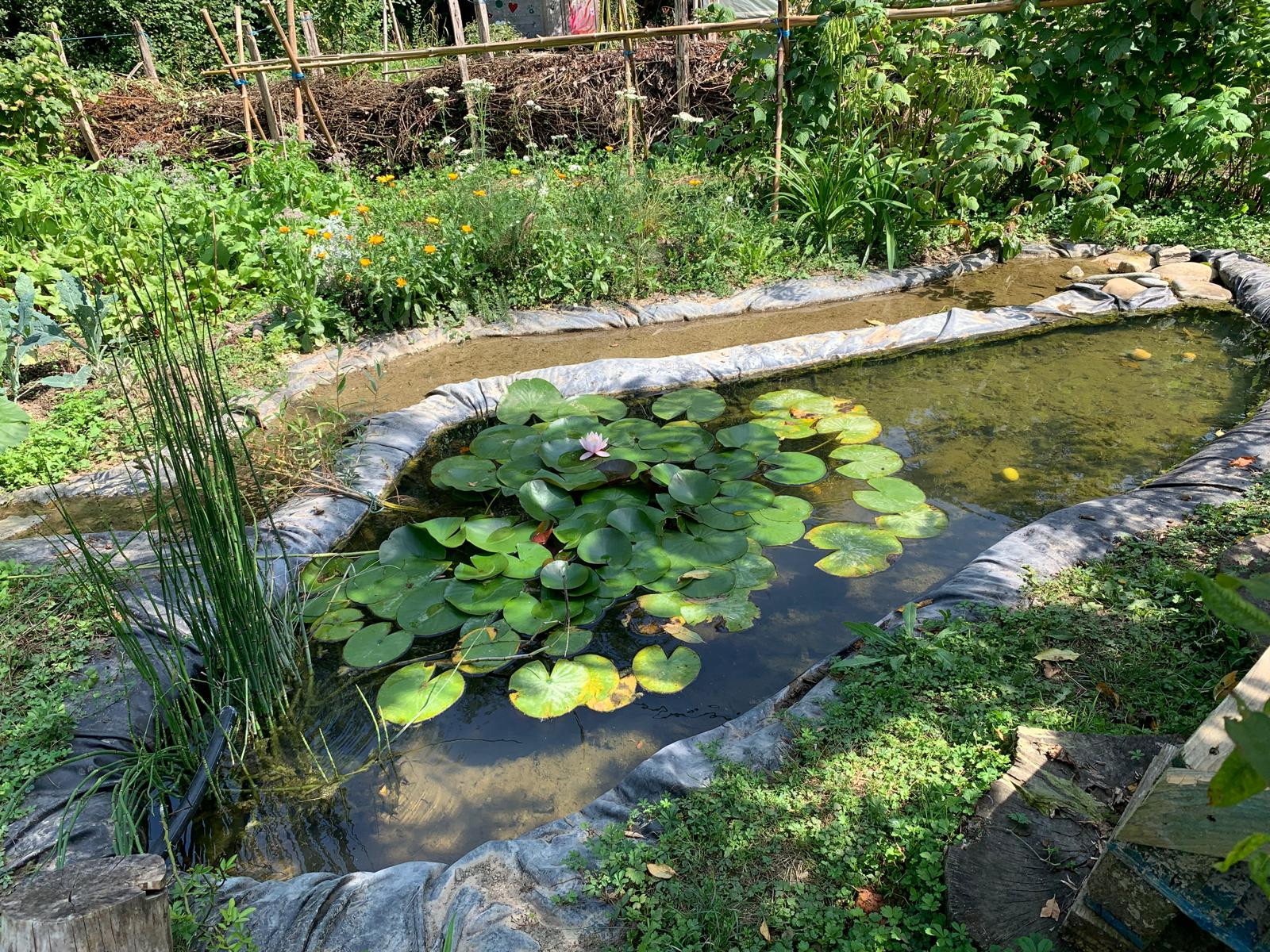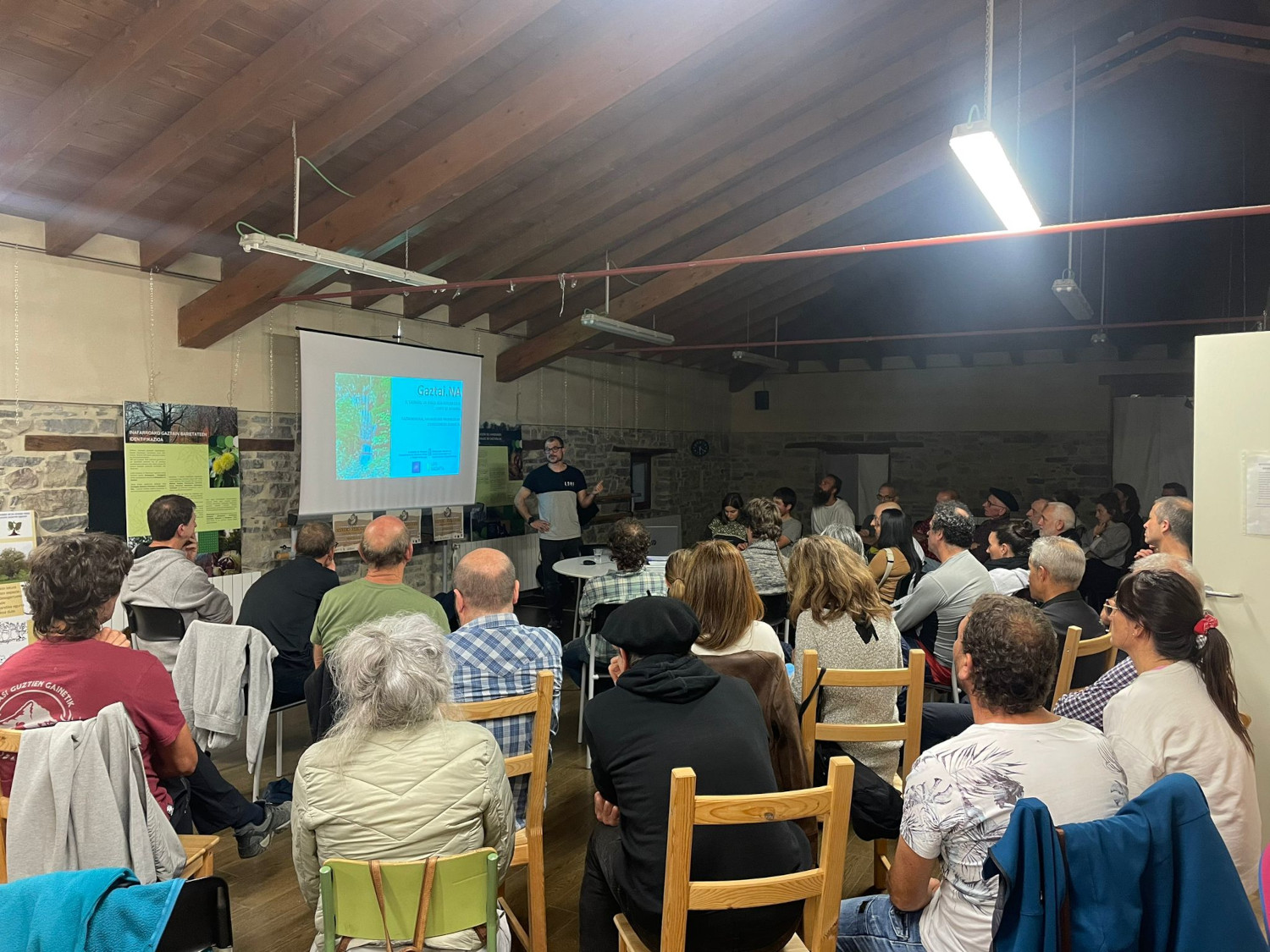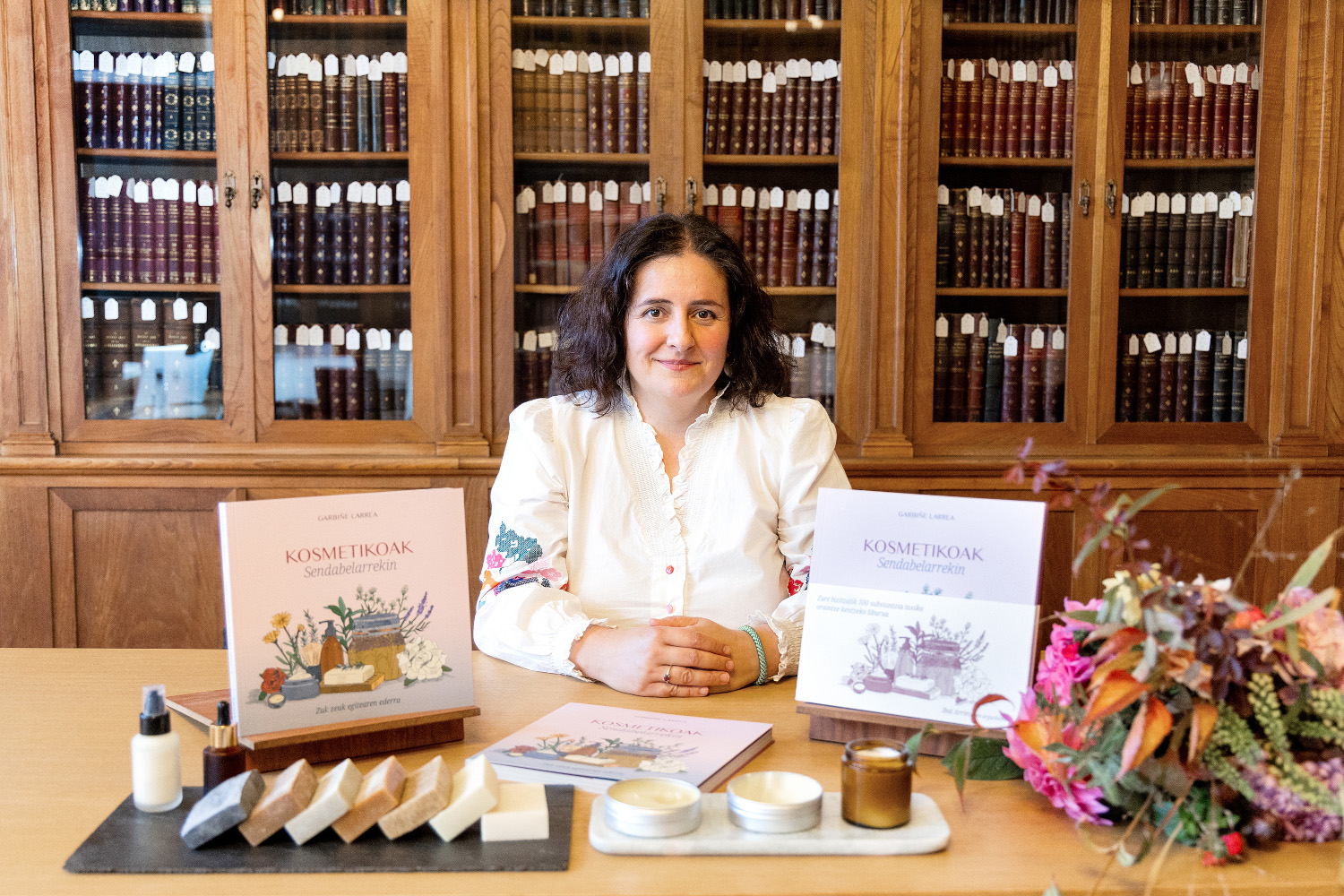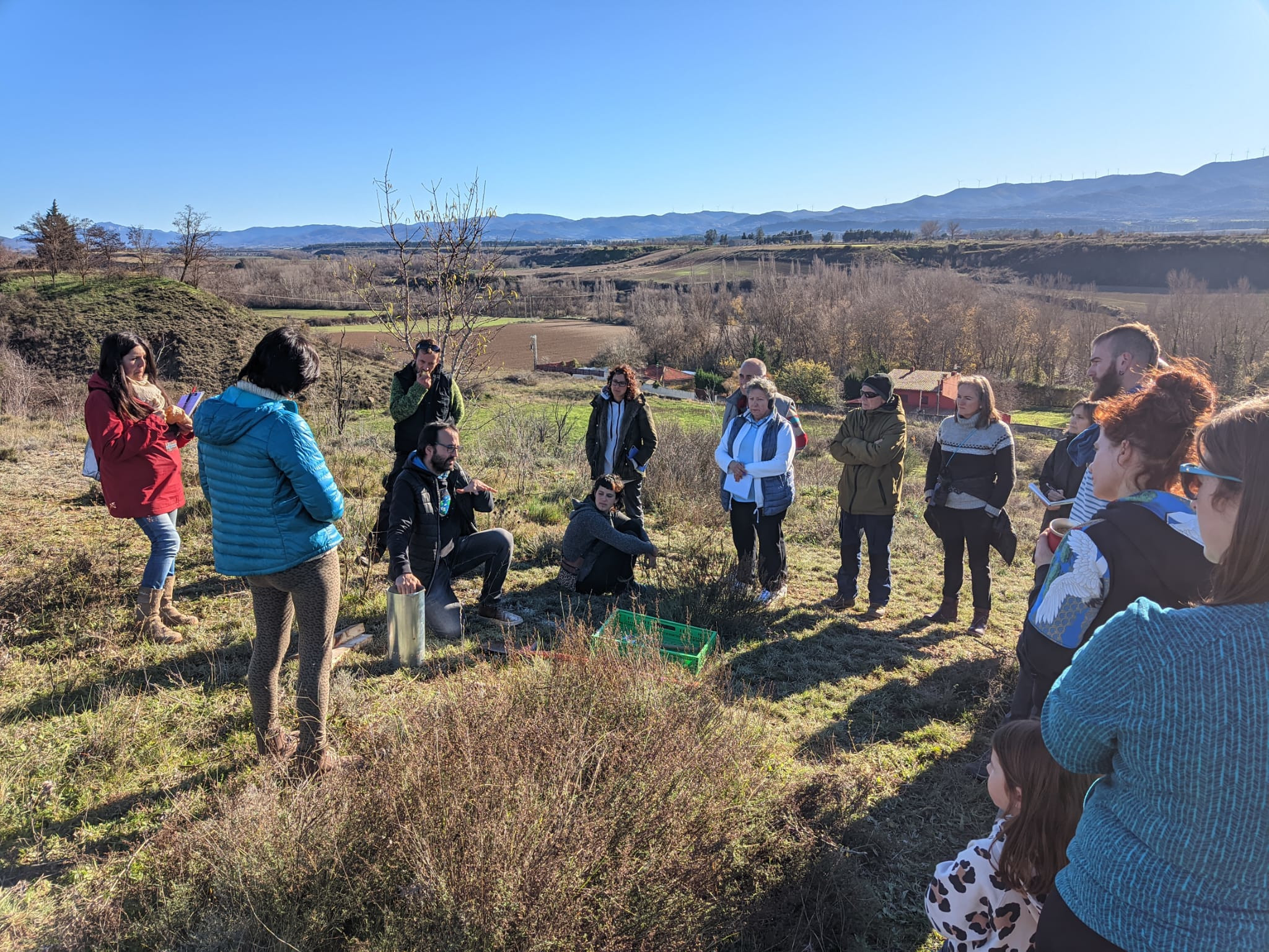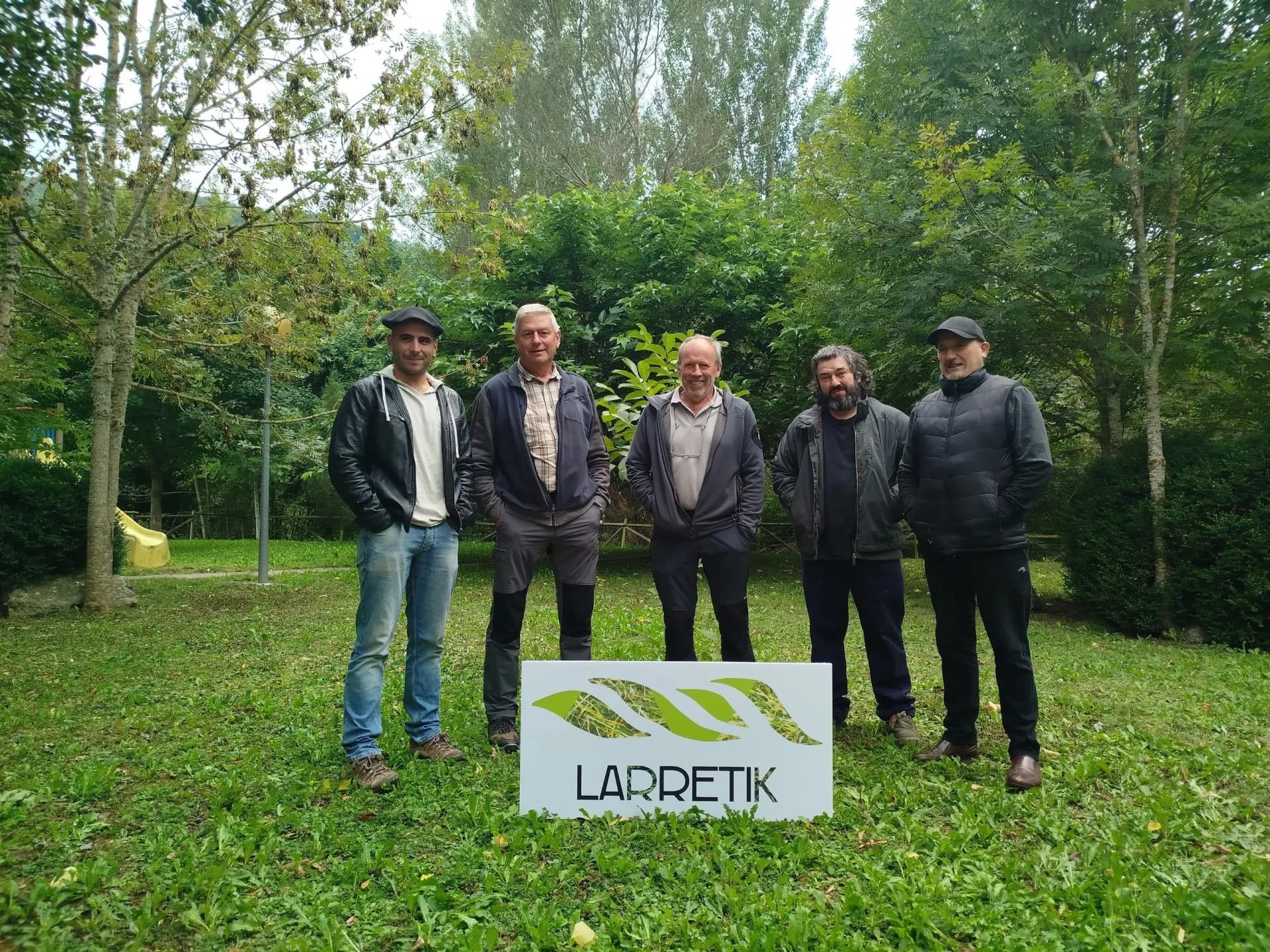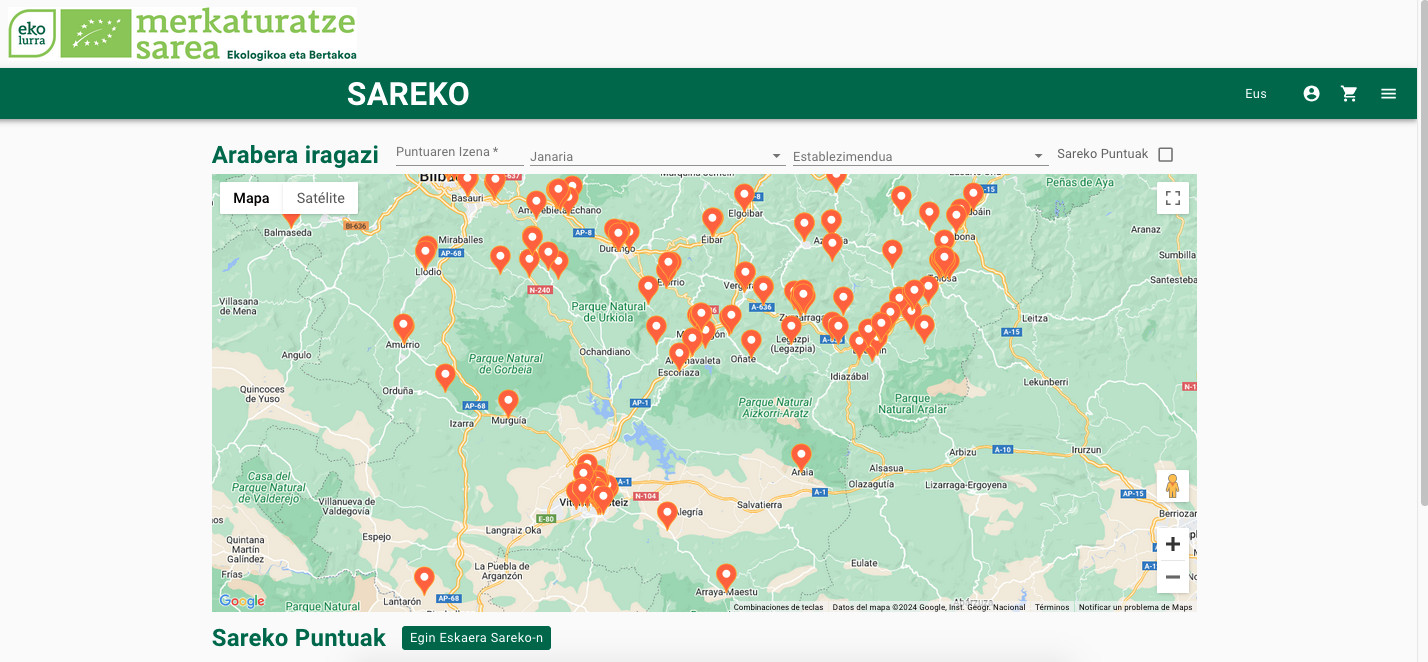Popular acceleration plan of the primary sector in Leitza

Leitza is a small green town surrounded by farmhouses, closely linked to agriculture and livestock. However, coinciding with the general trend of recent years, the municipality has experienced a significant decline in the primary sector, and few baserritarras have this work today ex officio. The City of Leitza has developed a diagnosis and has launched a participatory process with the aim of dealing with this decline and reactivating the primary sector. The EKO Consumption Group has had an important ally.
Photograph of the current situation
The first step taken by the City Hall was to make a diagnosis of the actual situation of Leitzalde. “A total of 42 surveys were conducted in the villages of Leitza and 15 in the villages of Areso. The consumer group had already worked with shops and restaurants, so what was missing was the consumer sector.” The City Council hired a person for two months to conduct surveys among the citizens of the locality. In the case of producers, the main conclusion is that the sector has aged. “The main policies of recent years have given a boost to the large agri-food industry and do not serve the model of small farmhouses here,” Azkargorta explained. This has been a disappointment in most of the sector and, consequently, a lack of relief. However, the interrogations carried out between shops, restaurants and consumers shed a glimmer of light: there is an interest and desire to consume local products.
Building the future together
“With the diagnosis in hand, we proposed a series of measures to reverse this situation,” explains the councilor. Thus, a participatory process open to all citizens was launched with the aim of designing an action plan to strengthen the primary sector and enhance the consumption of local products. “We are not helping the baserritars, but looking for benefits for all the people. Farmers will live better, but merchants will also have products from the village to sell, we will all eat healthier, we will take care of the landscape…”.
According to Azkargorta, the process has been very enriching. Many people from different profiles and ages have participated in the three sessions. The process has defined, inter alia, the creation of a mark or stamp identifying local products and a short-term producer structure.







